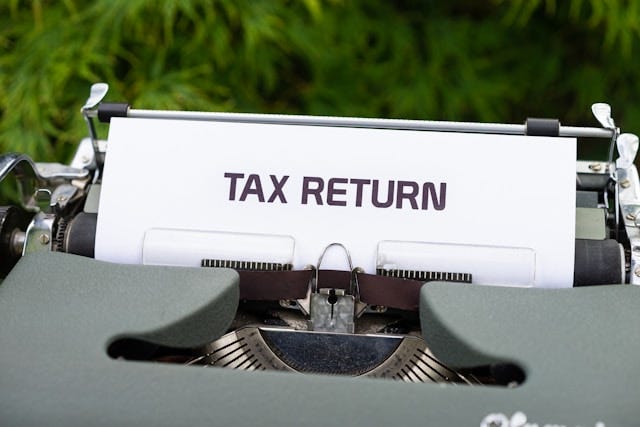⚠️Cash Crunch: Mortgage Meltdown
Finding fortune in the fallout
Zillow's latest revelation has left many with their jaws on the floor, showing just how much more you need to earn now to afford a home compared to just a few years ago.
With mortgage interest rates climbing and wages barely budging, the dream of owning a starter home is slipping further away for many Americans.
While would-be homeowners are feeling the pinch, the mortgage sector itself isn't exactly thriving with excitement either.
Empower Your Trading Journey: Invest in Traderverse Today
Traderverse isn't just another social network; it's a comprehensive solution fostering discovery, collaboration, education, and credibility in trading.
Traderverse stands out with its AI-powered network, strategic partnerships with major US exchanges, and a leadership team led by Sarim Alavi, a visionary with 22 years of experience.
Their launch has already captivated interest with 25,000 waitlisted users, demonstrating the market's readiness for a platform that addresses the challenges traders face today, from scams to misinformation.
Their platform is designed to serve not just as a trading tool but as a community builder and educational resource, paving the way for a new era in social trading and investing.
Invest in Traderverse on WeFunder now and be part of the future of trading that's smarter, safer, and more connected.
The Mortgage Bankers Association has highlighted a significant slump in application volumes, marking a continuation of a worrisome trend.
But the real estate rollercoaster doesn't stop there.
Property taxes are rising and home sales have surged in the past few weeks.
Meanwhile, the shift from office buildings to industrial spaces speaks volumes about the changing landscape of work and real estate.
In this edition of the AltReports:
🔥 Budget Bonfire
🎢 Rate Rollercoaster
🏡 Dollar Drain
📈 February Frenzy
🏗️ Corporate Conversion
Video of the Week: Home Prices Just Crashed at the Fastest Rate Since 2008
Chart of the Week: Banks Hold Roughly 50% of all Commercial Real Estate Debt.
Podcast of the Week: How to Make a Million With Real Estate (Starting from ZERO)
Home Buyers Need to Earn $47,000 More Than in 2020
Buying a house these days means digging way deeper into your pockets.
Zillow just dropped a gem showcasing exactly how bonkers the real estate game has become, and spoiler alert: it ain’t pretty.
They crunched the numbers and guess what? Due to spiking mortgage interest rates and stagnant wages, you need to be raking in the big bucks to afford a starter home.
Persistent High Rates Have Application Volume Stuck in Neutral
According to the Mortgage Bankers Association homebuyers and refinancers played a titanic game of freeze tag as new applications slowed for the 3rd straight week.
The whole mortgage application scene took a 6.3% nosedive, refinancing? down 64% from last year.
But this gloomy report has a tiny bit of sunshine – purchase volume inched up a smidge.
Property Taxes on Single-Family Homes Up 7% Across U.S. in 2023, to $363 Billion
ATTOM’s latest report warns that our wallets are in for a whopping.
Single-family home property taxes spiked up 7% to a chilling $363 billion.
Think your home's a cash cow? Uncle Sam's milking it dry.
February Home Sales Spike 9.5%, The Largest Monthly Gain In A Year
Folks suddenly decided now's the time to snag houses again because there are houses to buy!
February saw a bunch of would-be homeowners rushing in like it was Black Friday and home sales shot up a wild 9.5%.
That's the biggest scramble we've seen in a year, all because sellers got the memo that putting homes on the market is, shocker, good for sales.
Is Office-To-Industrial Part Of The Obsolete Office Solution? One City Is About To Find Out
The big brains over at Prologis in Plano, Texas have finally cracked it—they reckon they can flip their snooze-fest of an office building into a buzzing industrial wonderland.
They're ditching the desks and water coolers for forklifts and pallet racks because the 'work from home' gig has turned half the office blocks into glorified paperweights.
More than 20% of the 1,700 U.S. office assets that sold in the first two months of the year traded at a price lower than their previous sales.






